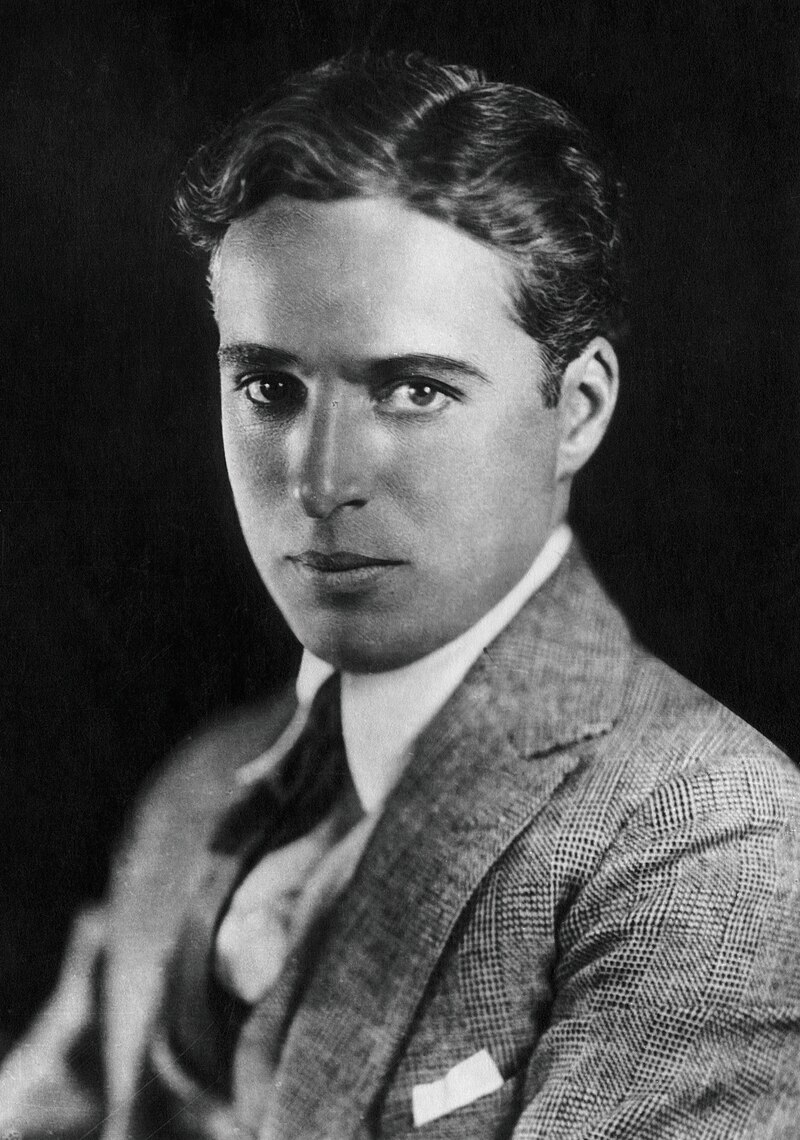
Homeschooling has become a popular choice for parents who want control over their child’s education. With growing interest, many want to know about its benefits, how children socialise, and how homeschooling compares to traditional schools.
This post covers the most important points, from educational approaches like Froebel, Montessori, and Steiner, to vital information families should know when considering homeschooling.
Flexibility in Learning Schedule
Homeschooling gives families more say over schedules, letting children learn at their pace. Unlike set school hours, lessons can happen when kids are most focused, which helps learning stick.
This way, families can add outdoor time, special projects, or trips that tie into lessons. Flexibility supports deeper understanding and keeps children engaged.
Personalised Learning Experience
Traditional classrooms group students by age, but not every child learns the same way. Homeschooling lets parents choose methods and materials that match their child’s needs.
Whether a child thrives in hands-on work or prefers reading, lessons can fit their style. As a result, children learn better and gain more confidence.
Stronger Family Connection
When children learn at home, families spend more time together. This builds bonds and lets parents see their child grow, both in knowledge and character.
Daily learning with family often leads to open chats and shared values, making relationships stronger and trust deeper.
Obviously a happy home life is essential, if homeschooling.
Rich Social Opportunities
Many assume homeschooled children miss social interactions, but this isn’t true. Homeschoolers often join local groups, sports clubs, or drama classes.
They meet children of different ages and backgrounds, giving them wide social skills. With regular meetups and group projects, friendships grow outside the classroom.
Focus on Nature and Outdoor Learning
Homeschooling lets families make the most of parks, forests, and gardens. Outdoor activities support health, spark curiosity, and boost problem-solving.
Lessons on plants, wildlife, and weather become real and memorable. Many parents see their children develop respect for nature and a stronger sense of responsibility.
Read our posts on pet-friendly gardens and wildlife-friendly gardens.
Academic Progress and Real-World Skills
Home learning often means fewer distractions and more one-on-one teaching. Children can move quickly in their strong subjects or get extra time where needed. Many pick up life skills like cooking, budgeting, or planning trips.
Homeschoolers usually have space to follow their interests and show independence from a young age.
Fewer Behavioural Issues
Homeschoolers face less bullying and peer pressure than those in traditional settings. Calm, supportive home environments help children feel safe and free to ask questions.
Clear rules and respect are part of daily life, which leads to better focus and improved self-control.
Parental Involvement and Awareness
Homeschooling lets parents have a close look at both progress and struggles. They choose what’s taught and how lessons work, which helps them spot gaps early.
Parents get to celebrate every milestone, big or small, and see first-hand how their child learns.
Prepared for Future Study or Careers
Many home-educated children do well in exams and step into college or work with confidence. Homeschooling helps them learn time management, self-motivation, and problem-solving.
These traits help with higher education and future jobs.
Froebel, Montessori & Steiner Schools
Homeschooling isn’t one-size-fits-all. Although independently-run, there are a few alternative schooling methods, which some parents choose, and state schools can be inspired by.
Froebel Schools
Friedrich Froebel started the first kindergarten in Germany in the 19th century. His main belief was that children learn best through play. In Froebel schools, children are encouraged to explore through activities that use simple materials. Wooden blocks, shapes, and natural items feature in every classroom.
Froebel’s approach values freedom within structure. Children decide how to use the toys, but teachers guide activities to spark curiosity. Froebel teachers see play as a serious way for kids to learn skills, science, and art. Music, movement, and storytelling are part of the daily routine.
Children in Froebel schools get lots of time outdoors. Nature is seen as a teacher. The goal is to help children build confidence, social skills, and an early love for learning.
Montessori Schools
Dr Maria Montessori developed her method after studying children with special needs in Italy. Her schools work from the idea that children are naturally eager to learn. Classrooms have special materials designed for hands-on activities, like counting beads and sandpaper letters.
In Montessori schools, children choose their own tasks from a set range. This means they can work at their own pace. Teachers, called “guides”, step in when needed but let the child lead. Mixed-age classes help older pupils show younger ones what to do, building cooperation.
Order and independence are key. Everything in the room is at child height. Lessons aim to develop thinking skills, care for others, and practical life abilities, such as tying shoelaces or pouring water. Many parents pick Montessori, because it suits children who like to work alone or focus deeply on something.
Steiner (Waldorf) Schools
Rudolf Steiner opened the first Steiner school in Germany after the First World War. These schools are known as Waldorf in some places. Steiner thought children go through three clear stages from birth to adulthood, and each stage needs its own teaching style.
In the early years, Steiner schools focus on play, art, music, and practical tasks like baking or gardening. Stories, puppets, and songs fill the classroom, with little formal teaching or testing before age seven. Steiner teachers try to build a sense of routine and wonder.
As children get older, lessons include drawing, painting, handwork, and movement. They encourage imagination and clear thinking, with teachers usually staying with the same class for years. There’s a strong sense of community, and digital screens are kept away from young children.
A Book of Guidance for Homeschooling

Homegrown is an American book, but has lots of useful advice for homeschooling parents everywhere. Its 30 thoughtful essays looks at reasons why some parents choose to educate their children out of the conventional school system, and the benefits and issues to be aware of.
How do relationships affect the decision to school children at home, and what role do parents, friends, extended family and communities play? And how does culture, heritage and history seamlessly intertwine with reading, writing and arithmetic?
Whether your aim is to nurture your child’s passions, support their individual learning style, or connect with a community of like-minded families, this book will be your trusted companion every step of the way.
Amber O’Neal Johnston is an established authority on infusing culture and love for others, into an intentional home environment. She is a regular contribute to homeschooling communities and a coveted speaker at education conferences.
More Help for Homeschooling
The government website has info on educating children at home, as obviously there are rules in place, to ensure children have a proper education. It’s not for everyone, and it’s important that children have the opportunity still to interact and play with other children (and obviously success likely depends on the home life and relationships of the children with their families).
Wolsey Hall Oxford offers homeschooling classes to children in over 130 countries, for all ages, and with flexibility on where and when to learn. The courses follow the world-respected Cambridge curriculum and supported by UK-qualified tutors.
Froebelian education is an interesting concept, where (like Montessori schools), children are school in skills to last them throughout life, and also are focused on the outdoors like forest classrooms. The result is thoughtful learners who are happy, curious and empathatic.
These are private schools, but can inspire state schools in their models. Examples are Annan School (East Sussex) and The Froebelian School (Leeds).
People Who Never Went to School

If you think that being educated at home can’t give a good grounding in life, here is a list of some well-known people who never went to school!
- Charlie Chaplin (above)
- Albert Einstein
- Sir Isaac Newton
- Sir Patrick Moore
- Thomas Edison
- Alexander Bell
- Louise May Alcott
- Jane Austen
- Agatha Christie
- Charles Dickens
- Queen Elizabeth II






